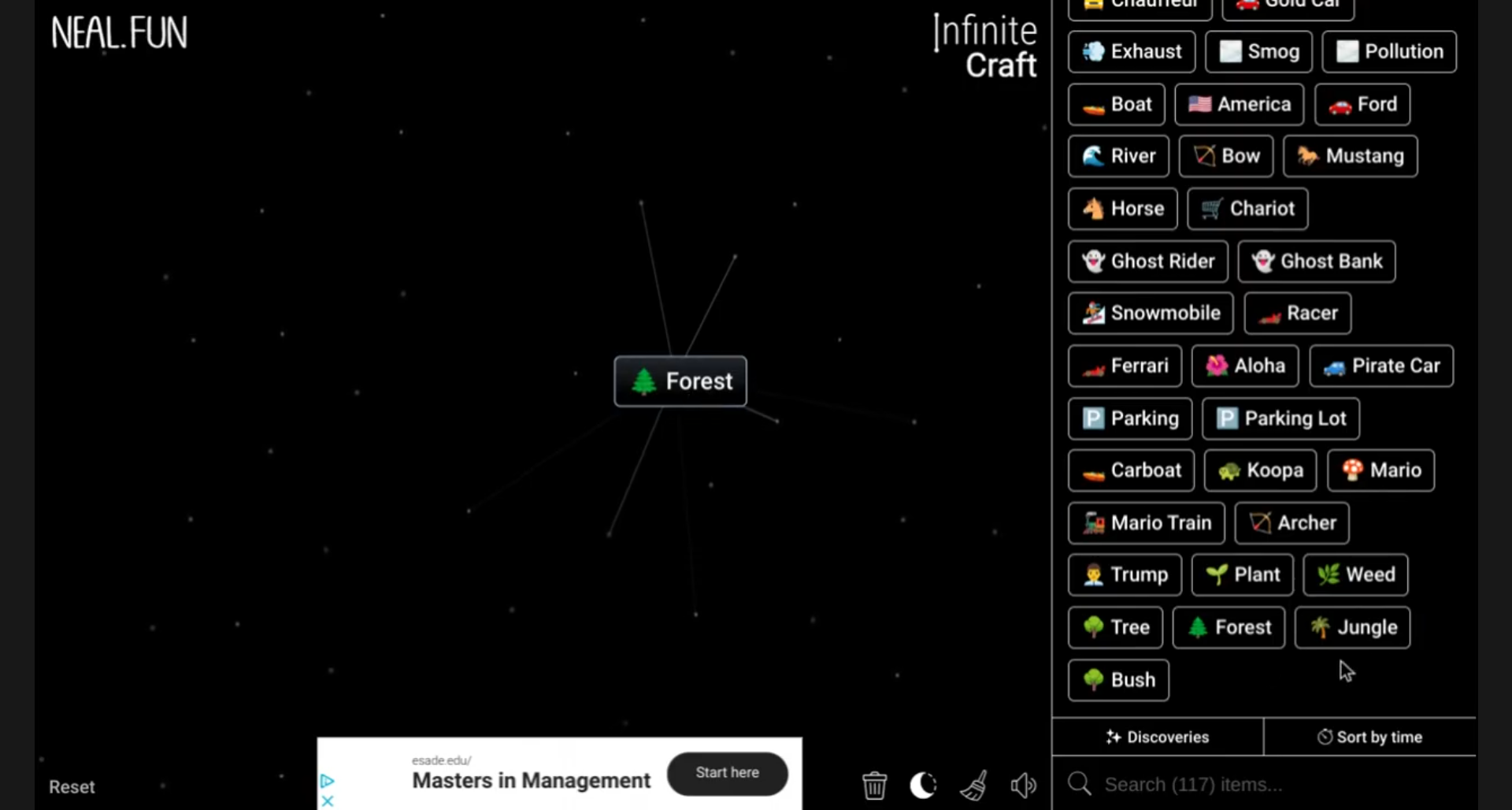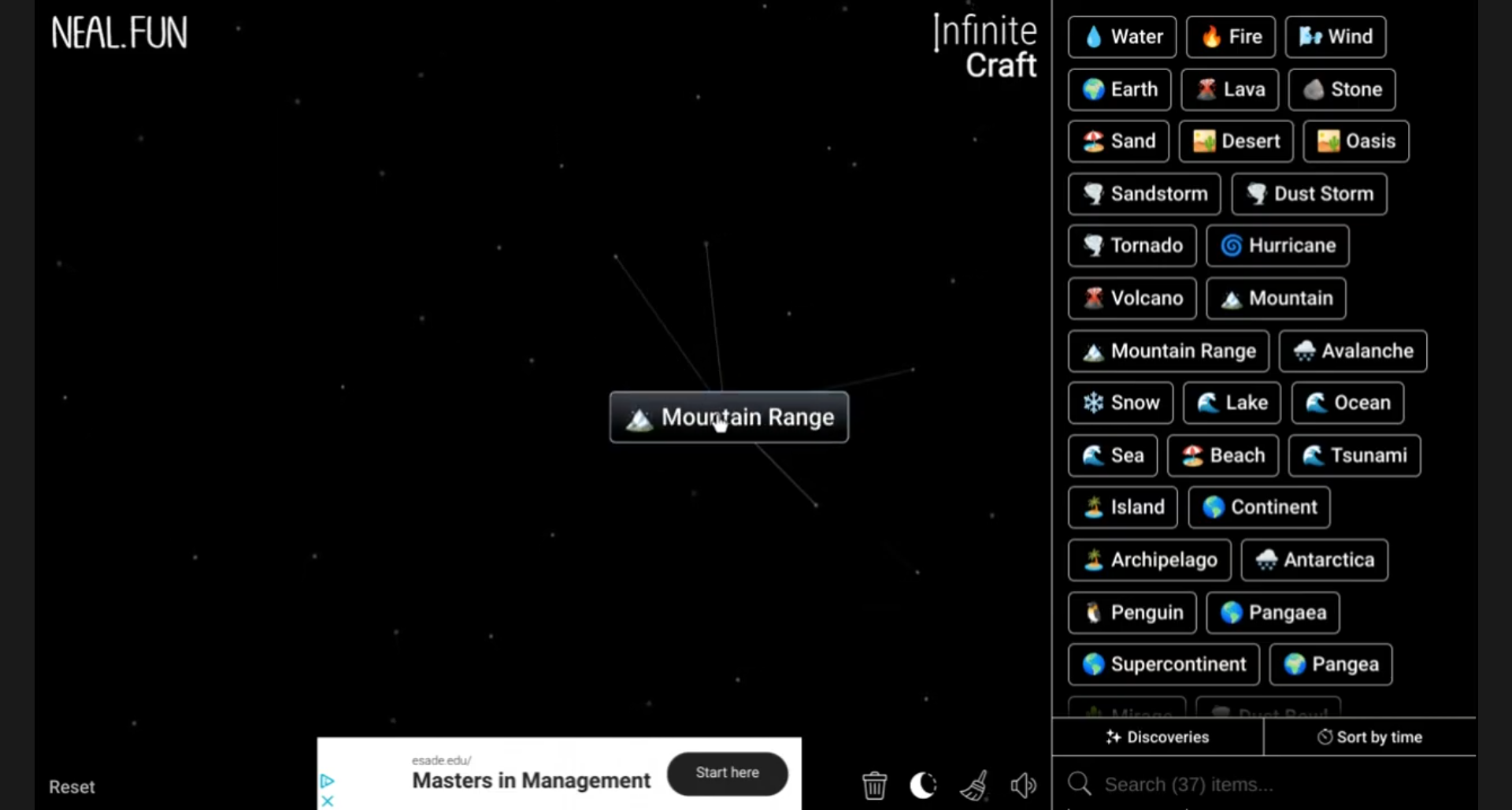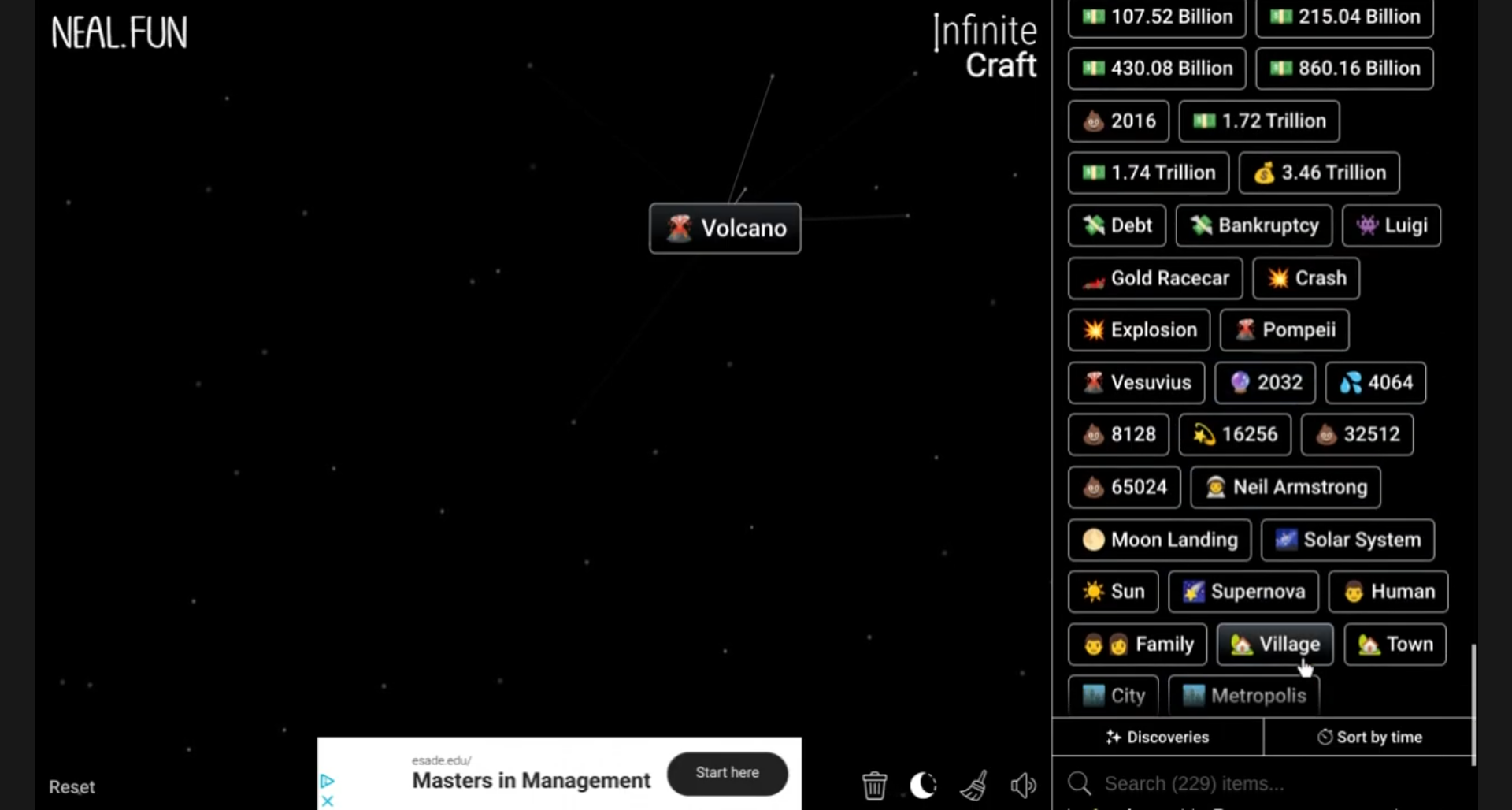In the enchanting world of Infinite Craft, players are given the unique opportunity to craft not just virtual structures but also functional computers within the game. Building a computer in Infinite Craft allows you to harness the game mechanics in ways that can significantly enhance your gameplay experience. This guide serves as a complete resource, detailing everything from gathering resources to troubleshooting common issues. By the end, you will be well on your way to mastering the art of how to make a computer in Infinite Craft.
Understanding the Basics of Infinite Craft
What is Infinite Craft?
Infinite Craft is a sandbox environment that emphasizes creativity and resource management. Players can explore diverse landscapes, gather materials, and craft an array of items, which include tools, buildings, and even complex machines like computers. The game mechanics revolve around survival, crafting, and exploration, fostering a profound understanding of resource allocation and gameplay strategies.
Components of the Game
Players begin their journey with basic building blocks, which are crucial to creating more complex structures, including computers. Resources such as stone, Wood, Iron, and Redstone form the backbone of crafting in Infinite Craft. Utilizing crafting grids effectively will enable players to maximize their efficiency in producing critical components necessary for building a successfully operating computer.
Preparing to Build a Computer
Gathering Resources
To effectively build your computer, you’ll need to gather specific materials. The essential resources include:
– Stone
– Redstone
– Wood
– Iron
Tips for efficient resource gathering include:

– **Using the right tools**: Ensure you have pickaxes and axes suited for each resource type to speed up gathering.
– **Identifying resource-rich areas**: Explore caves for stone and Redstone, while forests can provide ample wood.
Understanding Computer Components
Before diving into crafting, it’s vital to understand the core components of a computer in Infinite Craft:
– CPU: The brain of the computer.
– Memory: Stores data temporarily for quick access.
– Storage: Where long-term information is kept.
– Input/Output devices: Allows interaction with the computer.
Each component plays a critical role in the computer’s overall functionality, impacting your gaming experience.
Crafting the Computer Components
Crafting the CPU
The CPU is a cornerstone of your computer. For crafting the CPU, you will need the following materials:
– Iron: 3 units
– Redstone: 2 units
The crafting recipe is as follows:
1. Open your crafting grid.
2. Place the iron in the first three slots of the top row.
3. Add Redstone to the middle row’s first two slots.
For optimal performance, consider upgrading your CPU with additional Redstone once your resources allow.
Crafting Memory Units
Memory, essential for efficient operations, requires:

– Wood: 5 units
– Redstone: 3 units
You can choose between different types of memory, like volatile for speed or non-volatile for data retention. The crafting process is quite similar, so make sure to explore your options.

Crafting Storage Devices
Storage is crucial for data management. The computer can utilize various storage devices, including:
– Chests: Use 8 planks of wood.
– Safe Boxes: Require 5 iron ingots.
Include appropriate crafting instructions and remember to compare storage options based on speed and capacity.
Crafting Input/Output Devices
Your computer needs input and output devices such as:
– Keyboards: Crafted from 3 planks and 1 Redstone.
– Monitors: Built using 4 glass panes and 2 iron ingots.
Include crafting guidance and highlight best practices for optimizing performance.
Assembling the Computer
Setting Up the Workspace
Select an appropriate assembly location that is spacious and well-lit. Organize your crafted components to ensure seamless assembly.
Assembly Instructions
Follow these steps to assemble your computer:
1. Connect your CPU to the main base.
2. Attach the memory units adjacent to the CPU.
3. Install your storage devices where they are easily accessible.
4. Integrate input and output devices to finalize assembly.
If you encounter issues, check for loose connections and ensure each component is securely attached.
Configuring the Computer
Booting the Computer
Once assembled, it’s time to power on your computer. Follow these steps:
1. Locate the power switch within your assembly area.
2. Check for visible connections between components.
3. Ensure the computer lights up, indicating successful boot.
Installing Software
Once your computer is powered up, install necessary software for various functionalities, including managing inventories and running simulations. Instructions can often be obtained in-game from the help menu.
Using Your Computer in Infinite Craft
Features and Functionalities
Your computer unlocks numerous features such as:
– Running simulations: Manage different scenarios within the game.
– Inventory management: Coordinate your items efficiently.
Utilizing these features effectively can substantially enhance your gameplay experience.
Upgrading Your Computer
Over time, to keep up with higher gameplay demands, consider upgrading your computer’s components. Regularly replacing memory units and adding new input/output devices can result in enhanced performance.
Common Issues and Troubleshooting
Identifying Potential Problems
Some common issues you may encounter include:
– Computer not turning on
– Components not recognizing each other
– Sluggish performance
Look for signs like blinking lights or error messages in-game, indicating potential hiccups.
Troubleshooting Steps
If issues arise, follow these troubleshooting steps:
1. Check for loose connections and ensure everything is securely attached.
2. Restart the assembly process if components are misconfigured.
3. Consult in-game help resources for common troubleshooting advice.
Maintaining your computer regularly can prevent many issues from arising in the first place.
Conclusion
In summary, building a computer in Infinite Craft is an exciting and highly beneficial endeavor for any player. As you explore the intricacies of how to make a computer in Infinite Craft, don’t hesitate to experiment with different configurations. The community is always eager to hear about your custom builds, so share your experiences!
Common FAQs
1. What are the primary materials needed to build a computer in Infinite Craft?
You will primarily need Stone, Wood, Iron, and Redstone.
2. Can I use different types of memory for my computer?
Yes! Infinite Craft offers various memory types, each suited for different tasks.
3. How often should I upgrade my computer?
Regularly upgrading components helps maintain performance and efficiency over time.
4. What troubleshooting steps should I take if my computer won’t boot?
Check all connections, restart the assembly, and consult the in-game help resources.
5. Are there different features available based on computer configurations?
Yes! Different configurations may unlock unique features or improve functionalities.
6. How can I enhance the performance of my computer in Infinite Craft?
Consider upgrading components like memory and input/output devices for better performance.
7. Where can I find resources for crafting computer components?
Resources can be found in caves, forests, or specific biomes rich in the necessary materials.
8. Is it necessary to install software on my computer?
Installing software is crucial for accessing functionalities like managing inventories.
9. Can I create custom components for my computer?
Players can use different resources to create unique components as dictated by the game mechanics.
10. How do I share my custom builds with the community?
You can share your experiences on social forums or through gaming communities dedicated to Infinite Craft.
| Component | Required Materials | Functionality | Upgrade Potential |
|---|---|---|---|
| CPU | 3 Iron, 2 Redstone | Processing | Yes, with Redstone |
| Memory | 5 Wood, 3 Redstone | Data Storage | Yes, for speed |
| Storage | 8 Planks, 5 Iron | Long-term storage | Yes, for capacity |
| Input/Output Devices | Various (1 Redstone, 3 Planks) | User Interface | Yes, to expand functionality |